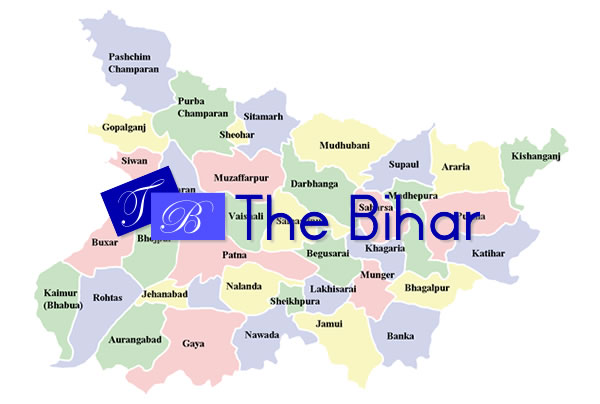Squabble at seminar over caste
3 min read Patna: Anugrah Narayan Sinha Institute of Social Studies was mired in a controversy on Saturday after BJP MLC Sanjay Paswan got into an argument with the institute’s former director D.M. Diwakar ahead of a discussion on Scheduled Castes on the institution’s premises.
Patna: Anugrah Narayan Sinha Institute of Social Studies was mired in a controversy on Saturday after BJP MLC Sanjay Paswan got into an argument with the institute’s former director D.M. Diwakar ahead of a discussion on Scheduled Castes on the institution’s premises.
The 60-year-old establishment, a pioneer of social science research in the state, had organised a seminar titled “Integrational mobility among scheduled castes in Bihar” around 10.30am. Prominent scholars presented their views and debated on the subject.
According to the institute’s former director Diwakar, MLC Paswan allegedly made a casteist remark targeting him during the customary lamp-lighting to inaugurate the meet. “He pointed out my caste and when I objected, he aggressively scolded and manhandled me using abusive language,” Diwakar alleged.
Realising that the fracas could escalate, the institute’s director and faculty members quickly arrived to defuse the tension.
“They were on the verge of coming to blows. The incident should not have taken place at such a reputable institution,” an eye-witness said on the condition of anonymity. “It has also tarnished the image of the party he belongs to and his image as a public figure.”
The Telegraph called up Paswan to get his side of the story but he said: “I am busy in a meeting.”
When The Telegraph called up Paswan a second time, he finally spoke up. “It was a very unfortunate incident and I feel very sorry about that. If it hurt somebody, I apologise.” He added: “Some people think I am close to the present director of the institute, professor Sunil Ray, but there is nothing like that.”
Last month, the director of the institute, Sunil Ray, and its faculty association were at loggerheads over alleged malpractices and financial-administrative discrepancies plaguing the institution.
A professor at the institute said: “Some people from a particular political group are trying to hegemonise the institution ideologically… people are being humiliated and the conditions have become untenable now.”
Diwakar said: “I have been speaking against reactionary forces. They tried to trap me by calling me a member of the upper caste. With these casteist remarks, they have tried to create an intellectual and identity crisis in my mind. The way he behaved was improper and deeply hurtful. I did not expect such a behaviour from a public figure.”
The Telegraph also tried to contact the director of the institute, professor Sunil Ray, but the call remained unattended despite several attempts.
The seminar, “Integrational mobility among Scheduled Castes in Bihar” concluded that public policies have played a significant role in shaping inter-generational mobility among members of the lower castes but the “accessibility issue”, the benefits of the polices are still very limited in Bihar. Therefore, effective implementation of government programmes is crucial so that the benefits reach the targeted group.
Gail Omvedt, an eminent sociologist, professor Sanghmitra S. Acharya and many other speakers concluded at the end of the discussion that caste has emerged as a system and is reproducing itself.
“Caste-based prejudices still exist in our society,” one of the speakers said. “The socio-economic developments of the country and Bihar too, have not been able to break the caste system due to limited mobility of the people from Scheduled Castes,” the speakers added.
Courtesy: The Telegraph


